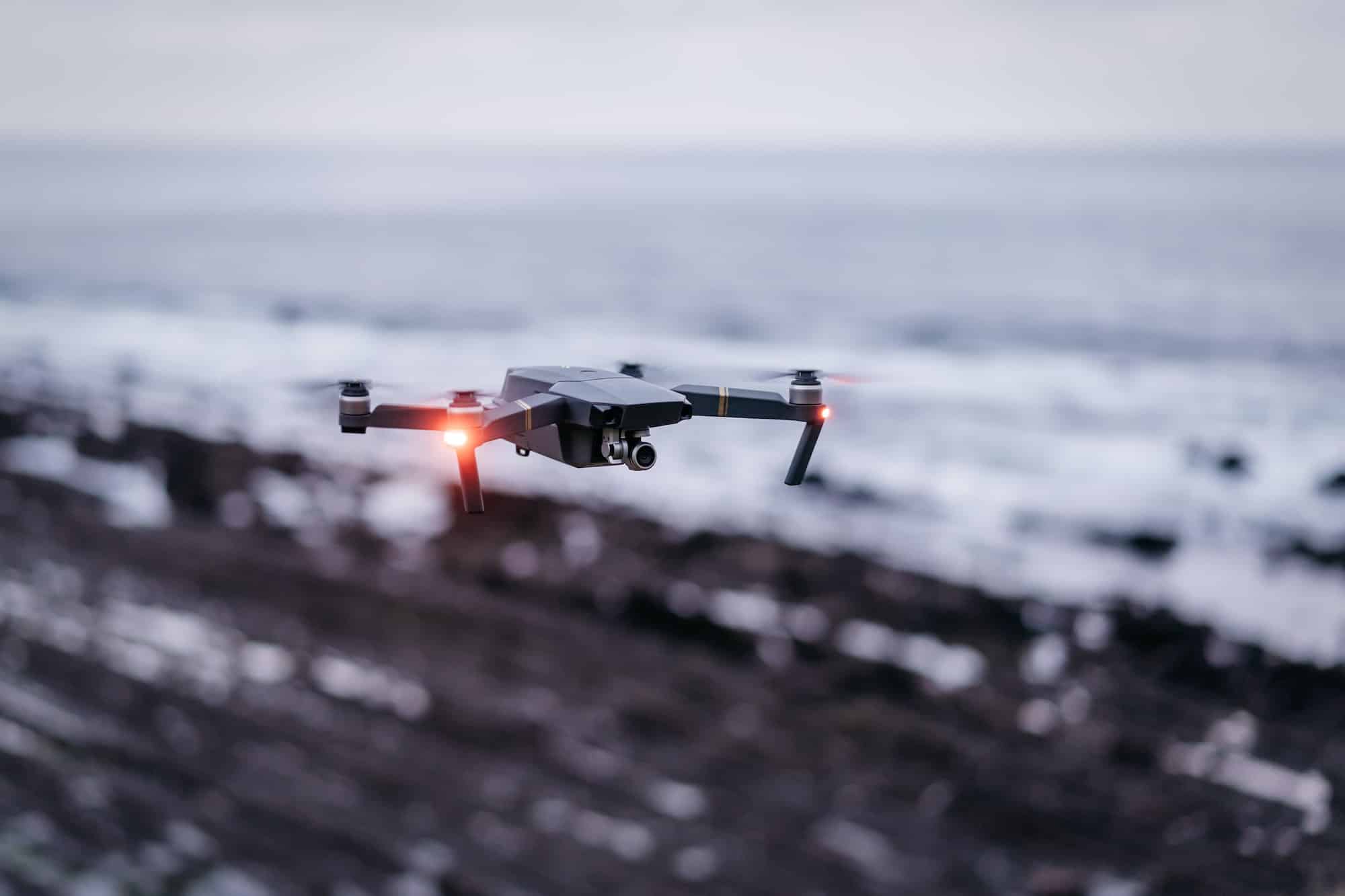How Can Small UK Construction Companies Leverage Drone Technology for Site Surveys?

The construction industry has never been averse to embracing new technology, especially if it promises to dramatically improve efficiency, safety, and productivity. Drone technology is one such technological advancement that has gained significant traction in recent years, offering unique solutions for construction site surveys. This article delves into how small construction companies in the UK can leverage drones for project site surveys, focusing on the benefits and practical steps of implementing drone technology.
Drone Technology in Construction: A New Era
Thanks to innovative technology, traditional methods of surveying are being replaced with faster, safer, and more accurate alternatives. Drones, or unmanned aerial vehicles (UAVs), have emerged as a game-changer in the construction industry. They offer a high-tech solution for site surveying, mapping, and monitoring, helping small construction companies keep up with the pace of larger competitors.
This might interest you : How to Strengthen B2B Customer Relationships Through Personalized Communication?
Drones provide an aerial perspective that was previously only achievable with costly helicopters or fixed-wing aircraft. By using a drone, site surveys can be done much more swiftly and accurately. High-resolution cameras mounted on the drones capture detailed images and videos of the site, which can then be analysed to generate accurate topographical maps, 3D models, and even thermal images. This data is highly useful for project planning and decision-making.
The Benefits: Time-Saving, Safety, and High Accuracy
One of the key advantages of drone technology in construction is time efficiency. Traditional surveying methods are labor-intensive and time-consuming. However, with drones, an entire construction site can be surveyed in just a few hours. This not only speeds up the initial site surveying process but also allows for continuous monitoring of the project’s progress.
Also read : How to Cultivate a Digital Transformation Mindset in Traditional UK Industries?
Safety is another crucial aspect. Construction sites can be perilous places with high structures, heavy materials, and various other hazards. Drones eliminate the need for workers to physically access dangerous areas, thereby reducing the risk of workplace accidents. They can easily reach high, remote, or confined spaces, capturing vital data without compromising safety.
The high accuracy of drone surveys is another major benefit. Drones equipped with cutting-edge technology like Lidar (Light detection and ranging) and photogrammetry can capture ultra-precise data. This data can then be used for detailed site analysis, helping companies make better-informed decisions and predictions about their projects.
Adopting Drone Technology: Getting Started
While understanding the benefits of drones is essential, knowing how to implement this technology is the key. The first step is to purchase the right drone. Depending on your specific needs and budget, there are several types of drones available in the market, from simple camera-equipped drones to more advanced Lidar drones.
Once you have the drone, it’s crucial to ensure you have skilled personnel to operate it. If necessary, consider investing in drone pilot training for your team. Some drone manufacturers even provide training as part of the purchase package.
Another important aspect is ensuring legal and regulatory compliance. In the UK, drone operations are regulated by the Civil Aviation Authority (CAA). It’s essential to understand and adhere to these regulations, which may include obtaining a specific license or permit.
Using Data for Project Management
Collecting data through drone surveys is only part of the process. The real value lies in how you analyse and use this data for your project management. With the right software, the data collected by drones can be turned into visual maps, 3D models, and volumetric measurements.
This aerial data provides a comprehensive view of the site, enabling accurate measurements and detailed analysis. It can help identify potential issues before they become significant problems, saving both time and money in the long run.
Moreover, real-time site monitoring allows for efficient project management, ensuring projects stay on schedule and within budget. By regularly capturing high-resolution images and videos of the project, you can track progress, identify any delays or deviations, and take immediate corrective action.
Implementing drone technology in construction site surveys is not just a trend; it’s a strategic move that small construction companies can make to stay competitive in the industry. By leveraging the benefits of drones — time efficiency, enhanced safety, and high accuracy — and effectively implementing and managing this technology, small UK construction companies can revolutionise their site survey processes, setting the stage for successful construction projects.
Enhancing Decision-Making Capabilities with Drone Data
Drone technology is not just a tool for data collection, but a powerful aid in decision making. The high-resolution images and detailed data captured by drones provide rich insights that can significantly boost the decision-making process in construction projects. Advanced software solutions can process this data, transforming it into actionable information in real time.
The data from drone surveys can be utilised to create detailed topographic maps, 3D site models, and volumetric measurements. These visual representations allow teams to gain a comprehensive understanding of the construction site. Not only do they provide an accurate overview of the site’s current status, but they also enable the identification of potential issues that may impact the construction project.
For instance, the aerial perspectives offered by drones can reveal land grading problems, drainage issues, or construction faults that might be missed by ground-level inspections. These insights can help teams make preemptive decisions, preventing costly and time-consuming problems down the line.
Moreover, the real-time data from drone surveys provides teams with a continual flow of updated information. This allows for ongoing monitoring of the construction project, making it possible to identify delays, inefficiencies, or deviations from the plan immediately. Such real-time decision making can help keep construction projects on track, within budget, and adhering to the planned schedule.
Through the use of drone technology, small UK construction companies can enhance their decision-making capabilities, leveraging precise, real-time data to optimise their construction projects and stay competitive in the industry.
Conclusion: Embracing the Future of Construction with Drones
The construction industry is witnessing a paradigm shift with the advent of drone technology. As small UK construction companies strive to stay competitive, leveraging drone technology for site surveys is no longer a choice but a necessity. The benefits extend beyond time efficiency and enhanced safety. The high-resolution, real-time data collected by drones can revolutionise the way construction sites are managed and how decision-making processes are executed.
Equipped with cutting-edge features like Lidar and photogrammetry, drones can capture ultra-precise data, offering detailed insights into the construction site. With the right software, this data can be transformed into visual maps, 3D models, and volumetric measurements, providing a comprehensive understanding of the project.
However, adopting drone technology is not simply about purchasing a drone. It involves equipping your team with the necessary skills to operate the drone, understanding and adhering to the regulations set by the Civil Aviation Authority (CAA), and effectively analysing and utilising the data for project management.
As we embrace this new era of construction technology, it’s clear that drones are more than just unmanned aerial vehicles. They are strategic tools that can enable small UK construction companies to optimise their operations, make informed decisions, and ultimately, deliver successful construction projects. The future of construction lies in the skies, and it’s time small construction firms leveraged the power of drones.
